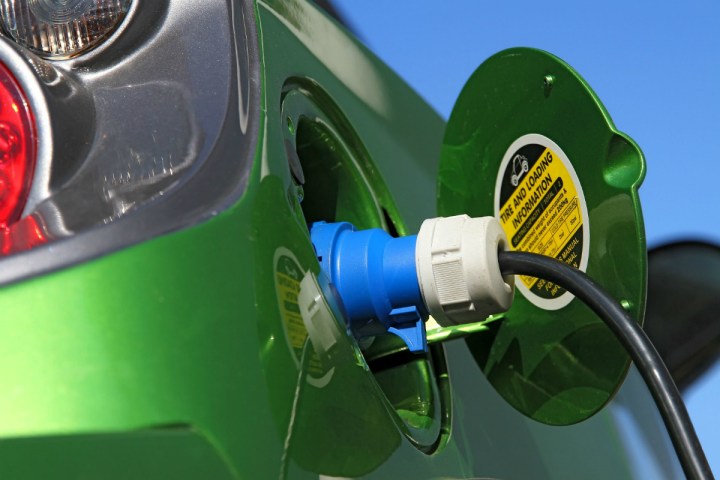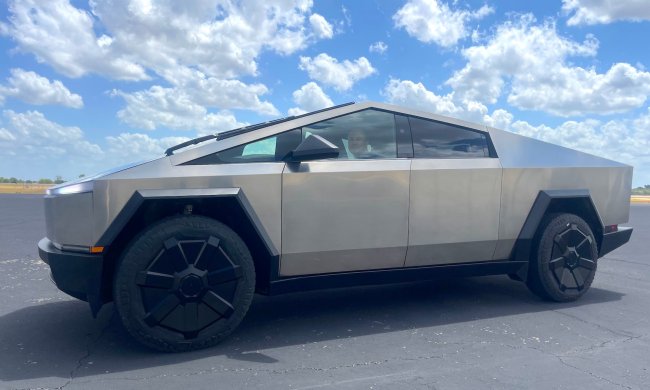Dyson is famous for its upmarket, sleek-looking vacuum cleaners and hand dryers, but now it’s preparing to leap into a much more competitive space: Electric vehicles.
We first learned about the British company’s EV ambitions in 2016 when the project popped up in a government report, and last year the company’s founder and chief engineer, Sir James Dyson, went on record to say his team is developing a car “radically different” to current designs.
We also know that since 2014 as many as 400 engineers have been working on Dyson’s $2.8 billion EV project at the company’s base in Wiltshire, about 75 miles west of London.
This week, sources claiming to have knowledge of the matter told the Financial Times the company is designing not one but three electric vehicles.
The debut model will not be produced in significant numbers (“single-digit thousands”), according to the FT’s contacts, as it’ll be used to essentially secure a supply chain and test the market. Dyson says he wants it available to consumers in 2020, or 2021 at the latest.
Once established, two more vehicles will hit the market in greater volume.
Solid-state battery?
Last year, Dyson said that although the car’s motor was ready, he still had to choose the vehicle’s all-important battery. At the time he was keen to go with a solid-state design offering greater range and performance, and faster charging, compared to lithium-ion alternatives seen in current EVs. But it now appears that for the debut model he may go with the latter, suggesting his solid-state battery isn’t quite ready for prime time. Indeed, Dyson told the FT that “those sorts of technologies can take some time to get there.”
But the inventor and businessman knows the solid-state battery is key to giving his EVs the edge in a fiercely competitive market. With that in mind, Dyson acquired Sakti3 — a Michigan-based company specializing in the technology — for $90 million in 2015. Toyota is also developing a solid-state battery, and wants to use it in a “long-range” electric car for launch in 2022. If Dyson’s debut EV goes with a lithium-ion battery, it could be a close race with Toyota to bring the solid-state-battery car to market.
But as the FT notes, even for the first vehicle, Dyson’s timeline remains tight for a 2020 launch. The company still has to select a manufacturing site, and is believed to be looking at locations in the United Kingdom., Singapore, Malaysia, and China. A final decision is expected in the coming months.



